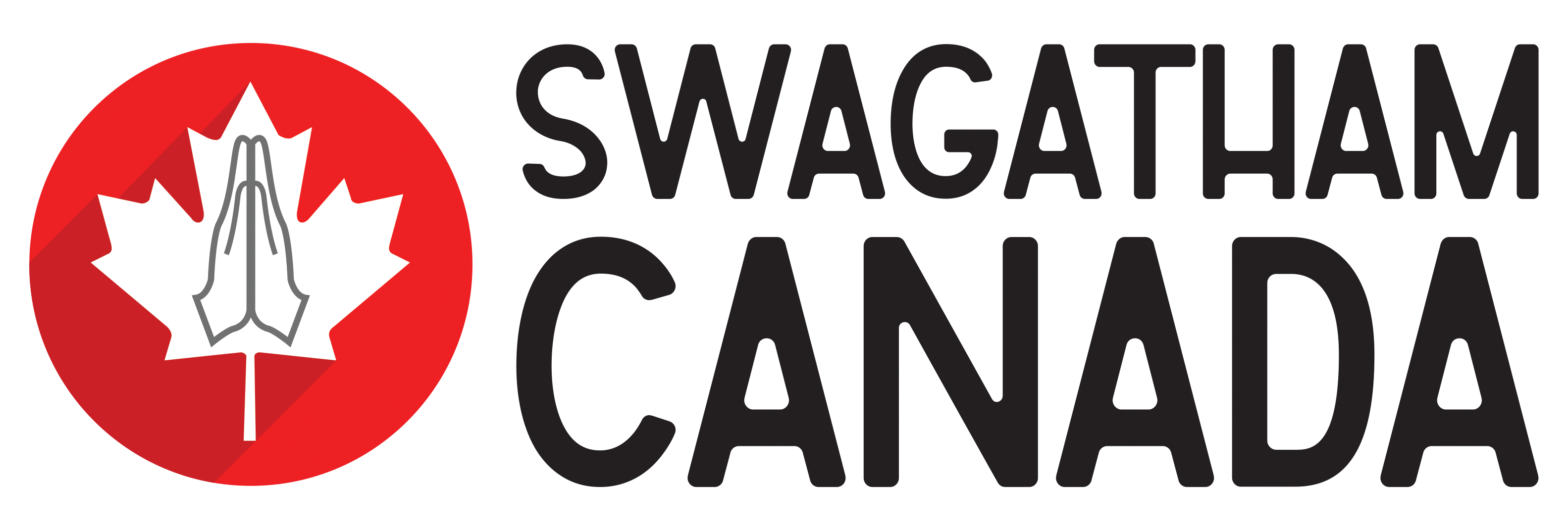Toronto: Individuals interested in working and settling in Canada may consider getting a certificate from a Canadian recognised learning institution. You may desire to work in Canada at some time throughout your study. The procedure for converting your study visa to a work permit can vary depending on your programme.
Work while studying
You may be qualified to work part-time or full-time if you are currently enrolled in full-time study at a Canadian educational institution.
Holders of a study permit are allowed to work up to 20 hours per week or full-time during a designated break. As a Canadian study permit holder, you do not need to apply for a separate work permit to work part-time. However, you must declare that you are authorised to work in Canada on your study permit. You can request to have your study permit changed if you are eligible to work but your study permit does not say that you are allowed to work or accept employment in Canada.
As part of their programme of study, certain educational programmes in Canada require students to complete a co-op or internship work placement. You may be able to work full-time for part of your studies if you complete the conditions for a co-op or intern work visa.
Move to Canada
Explore your options
Changing to a work permit after finishing your studies
You may be qualified to apply for a post-graduation work visa after finishing a credential at a designated learning institution (DLI). International students who graduate from a DLI are granted post-graduation work permits, which are valid for up to three years.
A post-graduation work visa has the advantage of not being tied to a specific employer, occupation, or region. An open work permit is another name for this. You can work in any job, anywhere in Canada, with an open work permit.
You have 180 days from the completion of your education to apply for an open work permit. A post-graduate work visa application can be submitted from anywhere in the world or from within Canada.
Changing to a work permit before finishing your studies
With rare exceptions, acquiring a work visa in Canada will require a Labour Market Impact Assessment (LMIA) if you decide to discontinue studying in Canada before completing your credential. That involves receiving a valid Canadian job offer from a company prepared to back up your work visa application with an LMIA.
An LMIA establishes that the Canadian employer was unable to fill the position with a permanent resident or citizen. People who have a closed work permit have less mobility than those who have an open work permit. A closed LMIA work permit, unlike an open post-graduate work visa, is tied to a certain employer, position, and location.
It’s vital to remember that after you stop studying, your study permit is no longer valid. As a result, you must notify Immigration, Refugees, and Citizenship Canada (IRCC) that your studies are coming to an end. If you don’t have legal status in Canada, you’ll have to depart while your work permit application is processed.
Can I apply for full time job while in study permit?
If your study visa includes a condition that allows you to work on or off campus, you may be able to work in Canada while studying. You must also fulfil all of the other prerequisites. You can only begin working in Canada once you have begun your studies. You are unable to work before beginning your education.
Can I apply for PR while on study permit in Canada?
International students studying in Canada can apply for permanent residence status in Canada while they are studying or after they have completed their studies, as long as they match the conditions of the Canadian immigration programme they are applying for. The practice of applying for a Canada study visa and Canadian permanent residence status at the same time is known as “dual purpose,” and it is frequent and legal in Canada.
The following is a list of Canadian immigration programmes that students may be interested in:
Canadian Experience Class (CEC)
To be eligible for the Canadian Experience Class, students must have at least 12 months of work experience in a specialised occupation in Canada (candidates must apply within three years of obtaining 1 year of qualifying experience). By applying for a Canadian Post-Graduation Job Permit, students can gain the necessary work experience in Canada. Part-time job experience obtained while studying or as part of a study programme (such as internships and co-ops) does not count toward the Canadian work experience requirement.
Quebec Experience Class (QEC)
This Canadian immigration programme is open to international students who have finished an approved programme of study in Quebec and have an intermediate level of French language ability. This Quebec immigration programme does not require any prior work experience in Canada.
Move to Canada
Explore your options
Provincial Nominee Programs (PNPs)
Many provinces have provincial nominee schemes in place that offer Canadian immigration opportunities for international students. In general, applicants must have completed a post-secondary degree programme in Canada. Work experience and a job offer are occasionally necessary, although requirements vary by province. Permanent residency applications for PNPs are often completed faster than those for other immigration programmes, making them a popular Canadian immigration option.
Febin Tom : REG Immigration is our preferred immigration expert for legal advice and representation with your application.
For more immigration news, please visit our immigration section
To join Canadian WhatsApp groups & more








